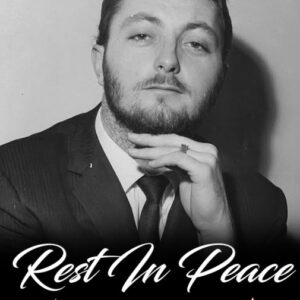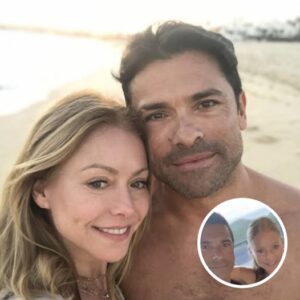Mother Donates Immune Cells to Son in Groundbreaking Leukemia Treatment in Rome
In a quiet medical facility in Rome, Italy, Nichole Blevins of Robertsdale, Alabama, prepared to undergo a critical medical procedure with the potential to change her 11-year-old son Branson’s life. Doctors were set to collect what Nichole affectionately calls her “mama cells”—immune cells that will be reengineered into cancer-fighting cells for Branson, who has been battling a rare and aggressive form of T-cell leukemia.
For months, Branson has endured a grueling regimen of chemotherapy, frequent hospitalizations, and the emotional weight of uncertainty. Yet throughout his fight, the young boy has displayed remarkable courage and resilience, inspiring everyone who knows his story.
This day in Rome marked a pivotal turning point. Operating seven hours ahead of Alabama’s Central Time, the procedure unfolded as prayers and hope punctuated each passing moment. The night before, Nichole shared her thoughts on the emotional weight of the day:
“As we get ready for bed and prepare for tomorrow, I can feel the weight of it all settling on my chest. Tomorrow, I go in for apheresis—the process where they’ll collect my immune cells so they can be reengineered into cancer-fighting cells for Branson. After collection, it will take about three weeks for the scientists to modify and multiply these cells in the lab. Once Branson is strong enough, those cells will be infused back into him with one purpose—to seek out and destroy the leukemia that has already taken so much from our family.”
While still experimental, the therapy represents a beacon of hope. Success in related treatments for B-cell leukemia—where remission rates in some trials have surpassed 80 percent—offers a measure of optimism for Branson’s rare subtype, even as the family acknowledges the inherent uncertainty.
“That’s the hope we’re holding onto,” Nichole wrote. “What worked for others can work for Branson too. This could be his miracle.”
Nichole emphasized that Branson’s journey extends beyond their family. As one of the first children to receive this therapy for his leukemia subtype, his treatment could pave the way for new interventions for other children facing similar diagnoses.
“We’re not just fighting for our boy—we’re fighting for all the kids who will come after him,” she wrote, underscoring the wider significance of the procedure.
The Blevins family’s courage has been evident at every step. Branson’s siblings, his father Donald, and Nichole herself have all contributed to a network of love and support that has sustained him through treatment. Nichole’s act of donating her immune cells is a profound demonstration of maternal devotion, a literal giving of herself to save her son.
As the procedure began in Rome, the gravity of the moment was not lost on anyone following the family’s journey. It is a story of hope, faith, and the enduring power of family standing united in the face of seemingly insurmountable odds. For supporters near and far, it is a call to lift up the Blevins family in thought, prayer, and solidarity, as they step into uncharted medical territory with courage, love, and unwavering determination.





